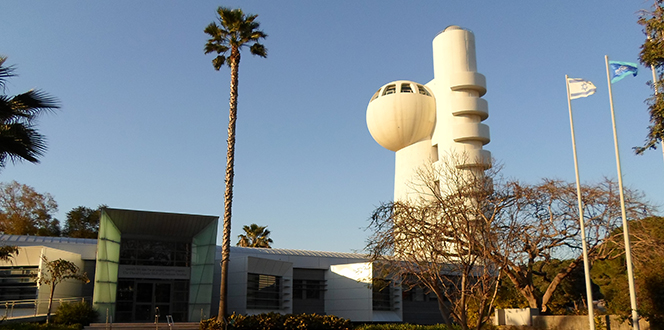A biotech company Encapsulate is developing a system that can predict which drugs will be most effective against a specific patient’s tumor. The technology uses microgravity aboard the International Space Station, Kazinform News Agency correspondent reports, citing ISS National Lab.
The project has received support from both NASA and the US National Science Foundation. Encapsulate has raised $4.88 million to advance its tumor-on-a-chip platform, a microdevice that grows tiny replicas of a patient’s tumor from biopsy samples. These microtumors are exposed to different drugs to identify the most effective treatment before actual therapy begins.
For particularly aggressive or treatment-resistant tumors, samples are sent to space. In microgravity, the cells form more complex 3D structures that more accurately mimic how tumors behave inside the human body. The process is fully automated: the chip collects data, monitors the tumor’s response, and transmits results back to Earth. Based on this, doctors receive recommendations for the best treatment option.
The first experiments took place aboard SpaceX’s 30th cargo mission, where the system operated independently without astronaut involvement. Some tumors that showed resistance to treatment on Earth responded to the same drugs in space, revealing hidden behavioral traits. In several cases, researchers also observed cell movement potentially linked to future metastasis.
Encapsulate aims to use this data to train AI that can detect early signs of drug resistance and metastatic potential without needing to send samples into orbit each time. About 85 to 90 percent of tumors could be analyzed on Earth, while space would be reserved for the most complex cases.
Each test costs only a few thousand dollars, compared to hundreds of thousands for treating late-stage cancer.
Encapsulate is now launching a clinical trial with 100 to 200 patients diagnosed with colorectal and pancreatic cancer, in collaboration with UConn Health, Memorial Sloan Kettering Cancer Center, and other partners.
Earlier, Kazinform News Agency reported that scientists developed universal mRNA vaccine to target all types of cancer.


















